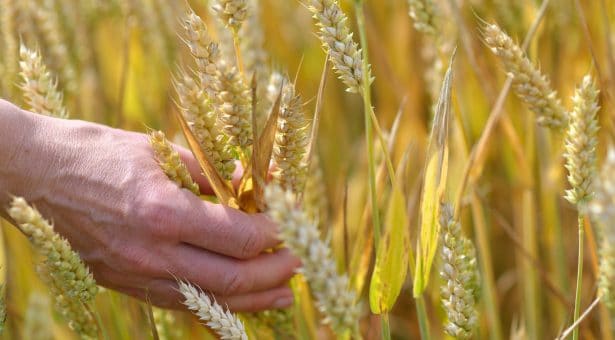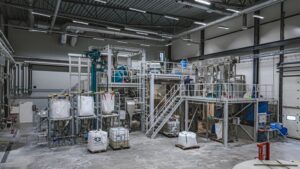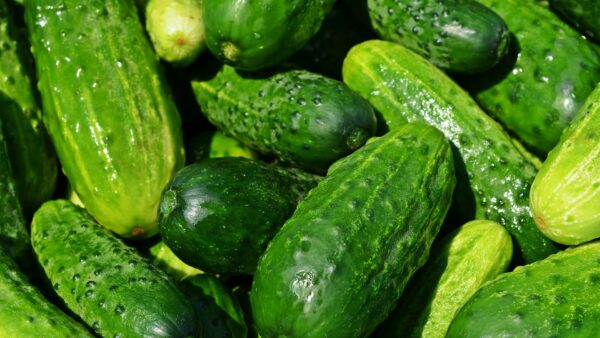Modern wheat varieties grown with inorganic fertilizers exhibit significantly fewer beneficial root bacteria than those grown without fertilization. However, ancestral wheat varieties do not show this reduction, regardless of fertilization, according to a press release. This indicates that modern cultivars have been bred to depend on nutritional inputs to sustain yields, a practice that compromises soil health. The study underscores the potential of utilizing beneficial microbes and plant genetics to shift towards lower-input farming systems.
Modern wheat varieties have complex genomes, containing either four (tetraploid) or six (hexaploid) sets of chromosomes due to extensive crossing and interbreeding. In contrast, ancestral wheat varieties have simpler genomes with only two (diploid) sets of chromosomes.
The research team conducted controlled experiments to compare the growth-promoting root bacteria (plant growth-promoting rhizobacteria, or PGPR) associated with diploid, tetraploid, and hexaploid wheats grown in both fertilized and unfertilized soils, leading to the isolation of over 14,000 bacterial strains.
“Modern wheat varieties have been bred to thrive in high-input systems,” said Tessa Reid, the study’s lead researcher. “This appears to have greatly reduced the numbers of beneficial bacteria living on or around their root system. If we are to move to lower input systems, we will need to work out how to boost the abundance of beneficial soil microbes, so that they provide the nutritional benefits currently delivered by inorganic fertilisers.”
The team discovered that fertilizer application reduced the abundance of PGPR in polyploid wheats by 45%, bringing their levels down to those found in unplanted soil. This reduction was not observed in diploid wild wheats, the ancestors of modern varieties. Taxonomic analysis indicated that this decline was primarily due to a decreased selection of beneficial root bacteria in modern wheats, particularly from the phylum Bacteroidota.
“Microbiota of crop ancestors may offer a way to enhance sustainable food production,” said Dr Tim Mauchline, the team lead. “Future work could involve performing microbiome transplants, whereby, beneficial root microbes reduced through domestication, will be supplemented to modern wheat varieties. Alternatively, reintroducing key genetic traits to modern wheat, from their ancestors, to boost root colonisation of beneficial soil microbiota is another promising strategy.”













